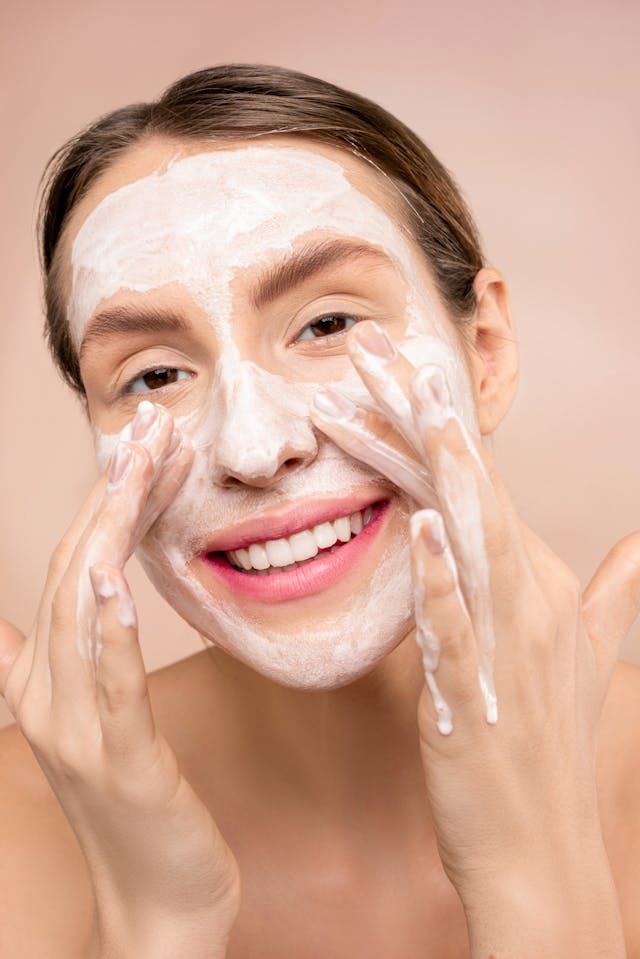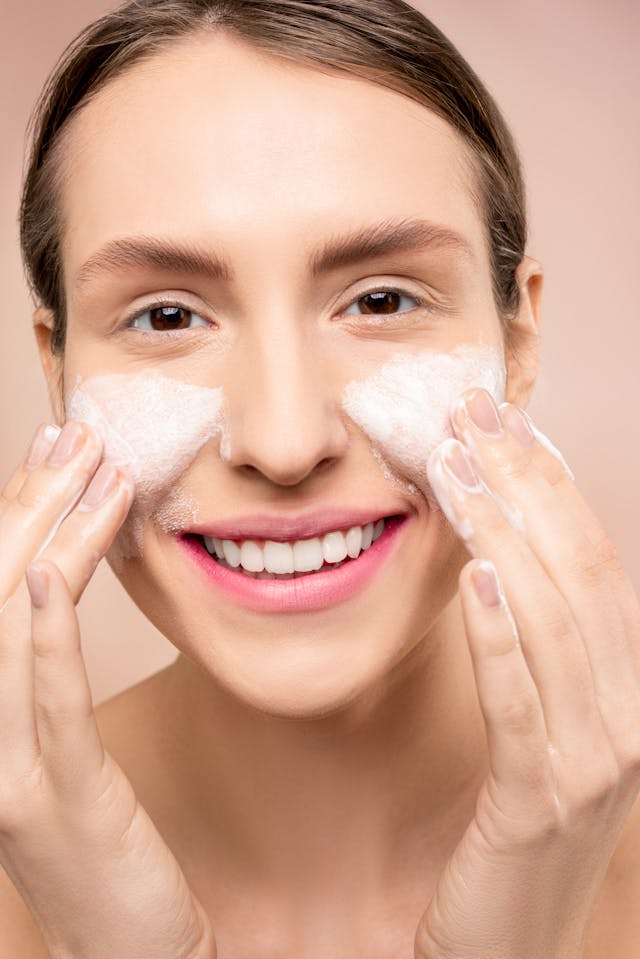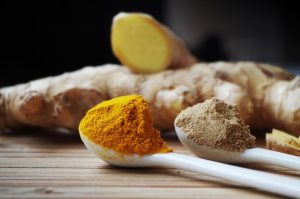Skin care PSA: Don’t undervalue the significance of purposeful cleaning.
“Consider washing your face as the cornerstone of your skin-care regimen since it gets rid of sweat, oil, and dirt,” advises Dr. Zeichner. Additionally, by preparing the skin to be ideally accessible for active compounds to enter skin and work properly, it also sets up the remainder of your regimen.”
Even while cleaning your face could appear quite easy, there are several things to consider when doing so. This is due to the fact that using harsh formulations or components, over-cleaning, or selecting the incorrect formula for your skin type and existing difficulties may all negatively impact your skin.

It’s important to choose the appropriate cleanser for your skin type since, as Dr. Zeichner notes, “the wrong cleanser can harm, leading to barrier disruption, dryness, and irritation.” “However, it is also not advantageous to use a cleanser that is too mild since it might not completely remove certain elements from the skin.” In summary, you may want to reconsider your facial washing practices and the face wash combinations you often use.
For this reason, we have put together the definitive guide on face washing, endorsed by experts. It delves deeply into a number of topics, such as the ideal water temperature to wash your face with, the reasons for washing your face often, and what components and formulas to search for.
Advantages of Facial Cleansing
Compared to the skin on the body, the skin on the face presents unique challenges. According to Dr. Peredo, “facial cleansing helps remove dead skin cells, sweat, makeup, excess oil, and dirt from the skin.”Since the face is exposed to all environmental factors, such as pollution and free radicals, cleaning your face rejuvenates the skin and allows it to breathe.
According to Dr. Turner, cleaning your face may leave you with more luminous skin that is also more balanced, moisturized, and clear. Furthermore, since excess sebum, dead skin cells, and buildup from skincare products and cosmetics may clog pores and trigger breakouts as well as increased risk of skin irritation, washing can also assist to prevent breakouts.

It could also affect how quickly your skin ages since, as Dr. Turner points out, these same variables can cause the skin’s inflammatory processes to be triggered, which can eventually hasten the aging process. In order to maintain the right amounts of oil and moisture on the face, Dr. Peredo emphasizes the need of cleaning the skin once a day. She adds, “Cleansing also helps balance oil production.” “By using the appropriate cleanser for your skin type, you can help prevent excessive oiliness and dryness by removing excess oil and promoting skin’s natural ability to maintain moisture.”
Is It True That 60% of What You Put On Your Skin Is Absorbent?
Selecting the Correct Cleaner: First, be aware that the water temperature you choose matters. Dr. Zeichner advises using really lukewarm water—that is, neither warm nor cold—when cleansing your face. “The idea that warm water causes pores to open and cold water causes them to close is untrue,” he asserts. “Since pores do not respond to water temperature in that manner, it is more appropriate to think of them as pipes that can clog when debris and oil accumulate inside of them, which is why washing your face is so crucial, rather than as windows that open or close.”
Dr. Zeichner says that understanding your skin type and what will work best for your skin right now are essential when selecting a cleaning product. “Use mild formulations, such as micellar water or non-lathering milky cleansers, which tend to be the most gentle, if you have extremely sensitive skin,” the expert advises. “If you have oily or acne-prone skin, or if you’re looking for exfoliating benefits, use a cleanser that contains salicylic acid to remove excess oil and dead cells from the skin’s surface to keep pores clear and brighten the complexion. For normal to oily skin, consider using a foaming cleanser, which may be necessary to fully remove oil from the skin.”
According to Dr. Turner, you can easily tell whether a cleanser is the right one for your skin type by its texture. “Those with oily and acne-prone skin benefit greatly from water-based gel or foam cleansers because they are excellent at eliminating excess oil and don’t tend to be very moisturizing,” the expert says. “But, you should search for a more nourishing formula if you have extremely dry or sensitive skin, as these formulas may be stripping. These tend to be creamier textures, oil cleansers, or balms that feature increasingly higher doses of lipids to help strengthen the skin barrier and prevent water loss.” The benefits of utilizing oil-based cleaners are discussed by Dr. Turner, especially for those who like a deep clean but dislike the leather-like feeling after washing. “As oil dissolves oil well and likes to attract like,” he explains, an oil cleanser may emulsify and sweep away extra sebum without damaging the skin. He also suggests completing a second cleaning with a water-based cleanser to get rid of any remaining product on the face.
When Should You Wash Your Face?
Dr. Turner advises, “You should wash your face at least once a day, without fail.” “Dry skin cells, oil, and dirt accumulate on the skin even when you haven’t worn makeup or left the house. Cleaning helps get rid of this buildup, which can clog pores or make skin appear dull.” If you use sunscreen, skin care products, and makeup of any kind on your skin, experts advise cleansing your skin in the evening before bed. “It is generally advised to cleanse in the morning and at night; however, more frequent cleansing may cause excessive dryness of the skin, so selecting an appropriate cleanser is crucial,” Dr. Turner continues.

You may experiment to find a cleanser formula combination that works well for your skin type since there are so many alternatives. Depending on their skin type or the skin care products they used the night before, some people may be able to get away with using only micellar water for their morning wash, he adds. “However, everyone ought to wash their face every night to get rid of the debris, oil, and grime that accumulates on our skin throughout the day in addition to makeup, sunscreen, and skin care products.” Dr. Zeichner concurs that although most specialists advise cleaning twice a day, most individuals may get by with only once. Furthermore, Dr. Zeichner advises washing your face in the morning rather than the afternoon if you do decide to forgo it. “To remove buildup from the day, I always recommend washing your face at night before bed,” he adds. He also advises that you should plan to wash your face after doing out or working up a sweat. Accordingly, there are situations in which washing your clothes a third time might be justified if you’re heading to the gym, he explains.
Are Active Ingredients in Face Wash Necessary?
Experts claim that active compounds in cleansers are crucial, just as certain components in skin-care products, such as serums, moisturizers, masks, and more, may help cure and prevent complexion disorders. “You want a cleanser loaded with lipids like ceramides and squalane or jojoba oil, which will help support the skin barrier and prevent water loss as well as help shield your skin from external irritants,” says Dr. Turner, “especially if you need moisture or have sensitive skin.” prone to breakouts? Choose a cleanser that contains lactic, glycolic, or salicylic acid. “Use a cleanser with humectants like aloe or hyaluronic acid to support skin’s hydration levels, regardless of your skin type,” he advises. “I also really enjoy using alpha-hydroxy acid cleansers on a daily basis to help exfoliate the skin and leave it smoother and brighter.” In some situations, “your cleanser can act as a therapeutic for your skin, helping to treat a particular condition,” according to Dr. Zeichner. Therefore, while washing, consider it more like a quick contact treatment than just a wash. You want to leave it on the face, so before you rinse, make sure to lather and massage it in with circular movements while singing Happy Birthday to yourself. Read more



